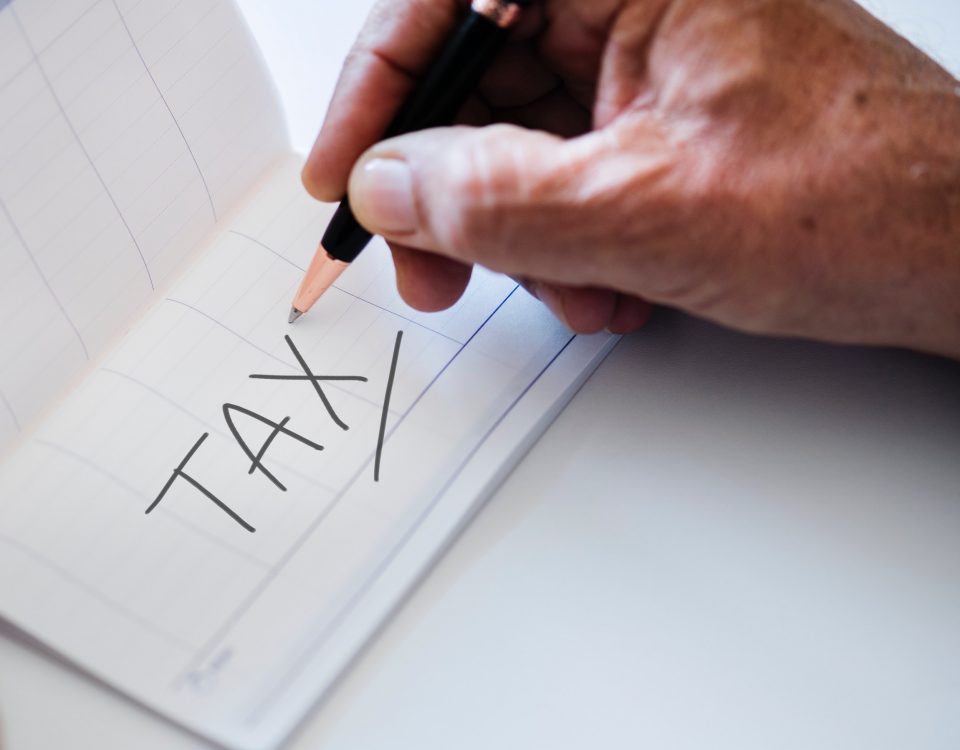Cash in pension
4th July 2018
Why stay-at-home parents need life insurance cover
3rd August 2018When pension contributions are made automatically by employers, not everybody keeps track of what they are contributing. However, if you go over your annual allowance, you will be liable for tax on the additional pension contributions. If you’re a high earner, then you may have a reduced annual allowance, also known as tapered annual allowance.
Problems can crop up when you receive a bonus payment that takes you into the high earner bracket. This would mean your annual allowance is reduced and you may wish to stop any further pension contributions for that year. It is important that you understand what your annual allowance is.
The subject can be tricky to understand but here is the basic information you need to know.

What is the annual allowance?
Since April 2014, the annual allowance for tax relief on pension savings is £40,000 per year. This includes any contributions made into your registered pension scheme by you, your employer or anyone else. If your pension savings exceed the annual allowance, then you may have to pay a tax charge.
In April 2016, higher earners had their annual allowance reduced. This is known as tapered annual allowance. If your threshold income is over £110,000 and your adjusted income is over £150,000, then your allowance is reduced by £1 for every £2 over the adjusted income you earn. The lowest your annual allowance will be reduced to is £10,000.
As a simplified example, let’s say your adjusted income is £160,000. You are £10,000 above the £150,000 threshold. Therefore, your annual allowance is reduced by £5,000 (£1 for every £2 you are over). Your new annual allowance for the year in question is £35,000.
However, if you earn £220,000 adjusted income, you are £70,000 over the threshold but your annual allowance will only be reduced by £30,000, not £35,000. This is because the lowest your annual allowance can be is £10,000.
What is the difference between threshold income and adjusted income?
In simplified terms, your threshold income is your taxable income after your employee pension contributions. Your adjusted income is your threshold income plus the portion of your pension attributable to your employer.
If your threshold income is lower than £110,000, you should not have a reduced annual allowance, even if your adjusted income exceeds £150,000.
You’ll need to know your threshold and adjusted income to work out whether you have to pay tax on any of your pension savings. It can also help you work out whether you have any unused annual allowances to carry forward.
An Independent Financial Adviser can help you calculate your threshold and adjusted incomes if you are unsure how to do this.
Why speak to an IFA?
To correctly calculate your threshold and adjusted incomes, you need to take in to account all your incomes including interest on savings and shares, rental income and income from trusts. Salary sacrifices and flexible remuneration arrangements also need to be taken into consideration.
An Independent Financial Adviser will be able to help you correctly calculate your income and pension contributions to ensure that you do not unknowingly exceed the annual allowance. They will also be able to make recommendations for alternative investment options.
At Rockwood Financial Solutions, we are dedicated to helping our clients get the most from their money. We can help you understand your annual allowance and lifetime allowance for pension savings. Our priority is helping you make the most appropriate decisions for your needs when it comes to savings, pensions and investments.
If you would like to build a financial strategy that works for you and your family, then contact Rockwood Financial Solutions today.
Nothing in this blog constitutes financial advice or recommendations, for more information please contact Rockwood Financial Solutions on 0330 332 2679.
Don’t wait until it is too late. Speak to our friendly team and start planning for yours and your family’s financial future now. Contact Rockwood today to find out more.
At Rockwood we’re passionate about pensions and can help you understand what your options are. Whether you have one or several pensions we can review them for you and explain the advantages and disadvantages of consolidation. If you do decide to switch or consolidate we can help you chose the pension scheme that is right for you. This will be based on your circumstances now and the lifestyle you want to achieve in the future. All of our advice is completely impartial. If you’d like advice on existing pensions or setting up a new pension then we’d love to help. Contact us today to start making the most out of your pensions now.





